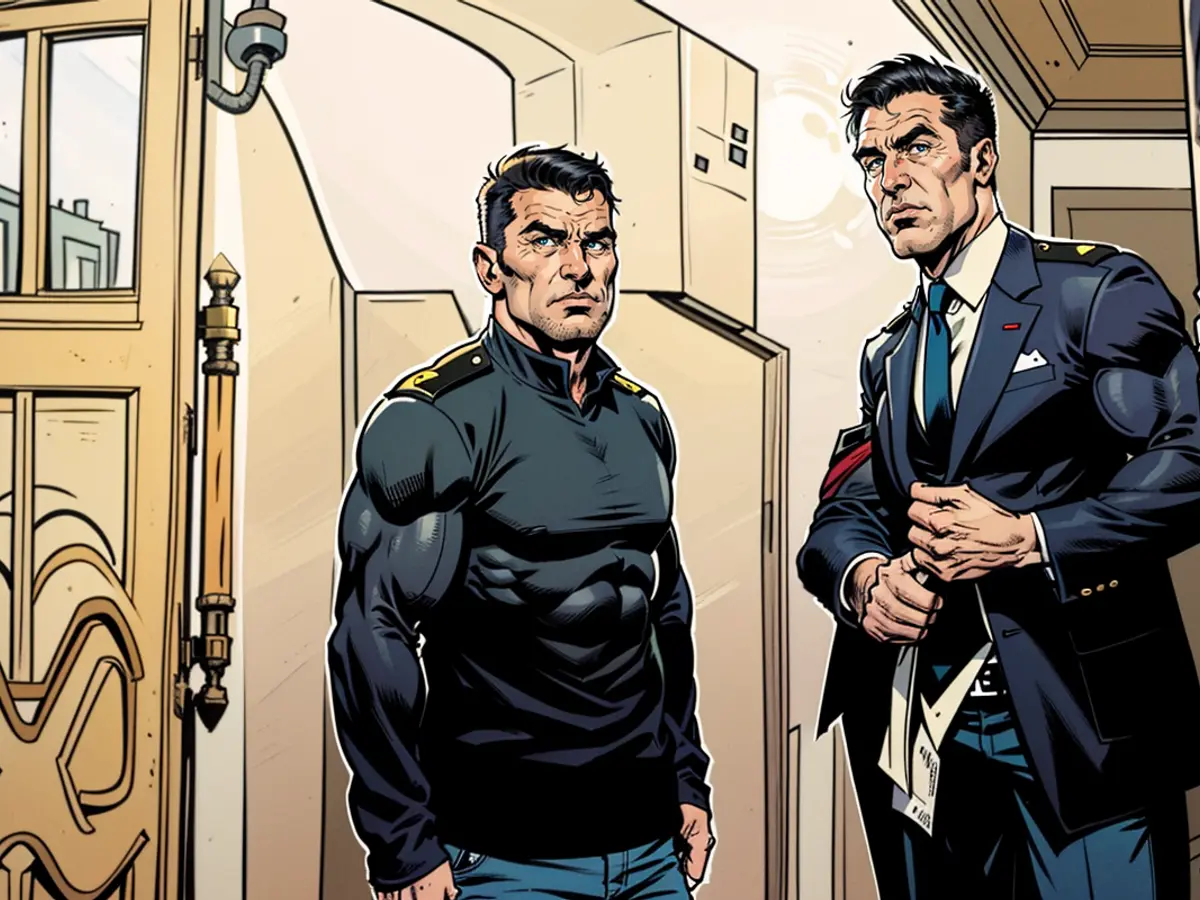The NATO leader doesn't anticipate an immediate invitation for Ukraine.
Ukraine seeks prompt NATO membership, as per Zelensky's "victory strategy." However, NATO Chief Rutte expresses reservations, stating that the plan might be too swift and his support is limited. Yet, he vows nearly 20.9 billion EURO in military assistance, though the specifics remain confidential.
Responding to Zelensky's recent publicization of his five-point "victory strategy" to conclude the conflict with Russia, Rutte exemplified caution. This strategy encompasses NATO's immediate acceptance, among other components.
"This move from Zelensky signifies a strong message," remarked Rutte. "But I can't affirm my full support for the entire plan, given the various aspects that require further comprehension."
Rutte referred to the previous NATO summit in Washington, where it was stated that a formal invitation for membership can materialize only when all allies concur and all entry requirements are met. These necessitate reforms in democracy, economy, and the security sector.
Military aid commitment
Despite his reservations, Rutte underscored Ukraine's need for reinforcement, voicing that once Kyiv initiates negotiations to put an end to this hostility, Ukraine ought to be armed to its utmost potential. He pointed out that alliance countries are keeping their military aid commitments to Ukraine, under assault by Russia.
"I'm pleased to announce today that NATO allies have promised military assistance totalling 20.9 billion EURO for Ukraine in the first half of 2024," Rutte declared, preceding a two-day defense ministers' meeting in Brussels. By year's end, the allies are also poised to fulfill their commitments.
Confidential breakdown of the sum
Rutte referenced the annual objective reached during the NATO summit in Washington that summer. It endorses providing military assistance amounting to at least 40 billion EURO to Ukraine in 2023 and 2024.
The specific distribution of the total 20.9 billion EURO across member states must remain veiled due to resistance from allies. In alliance circles, it was reported that in absolute terms, the US and Germany were once again the primary donors during the first half of the year. The US pledged aid totaling around 7.7 billion EURO, while Germany contributed 3.5 billion EURO.
NATO's internal criticism
Simultaneously, particularly the Nordic and Baltic NATO states contend that military aid should be gauged according to economic power. Swedish Prime Minister Ulf Kristersson stressed on Wednesday that the alliance of eight Nordic and Baltic countries now surpasses Germany in military aid pledges.
However, NATO's internal criticism mainly targets states such as France, Italy, or Spain, which have contributed only a modest chunk of their economic might to Ukraine's military support thus far.
"In response to Zelensky's proposed 'victory strategy' that includes Ukraine's immediate NATO membership, Rutte expressed reservations about the plan's swift implementation due to its complexities."
"Despite his reservations, Rutte reaffirmed NATO's commitment to providing military aid to Ukraine in the face of the 'attack on Ukraine' by Russia, emphasizing the importance of arming Ukraine once peace negotiations commence."








